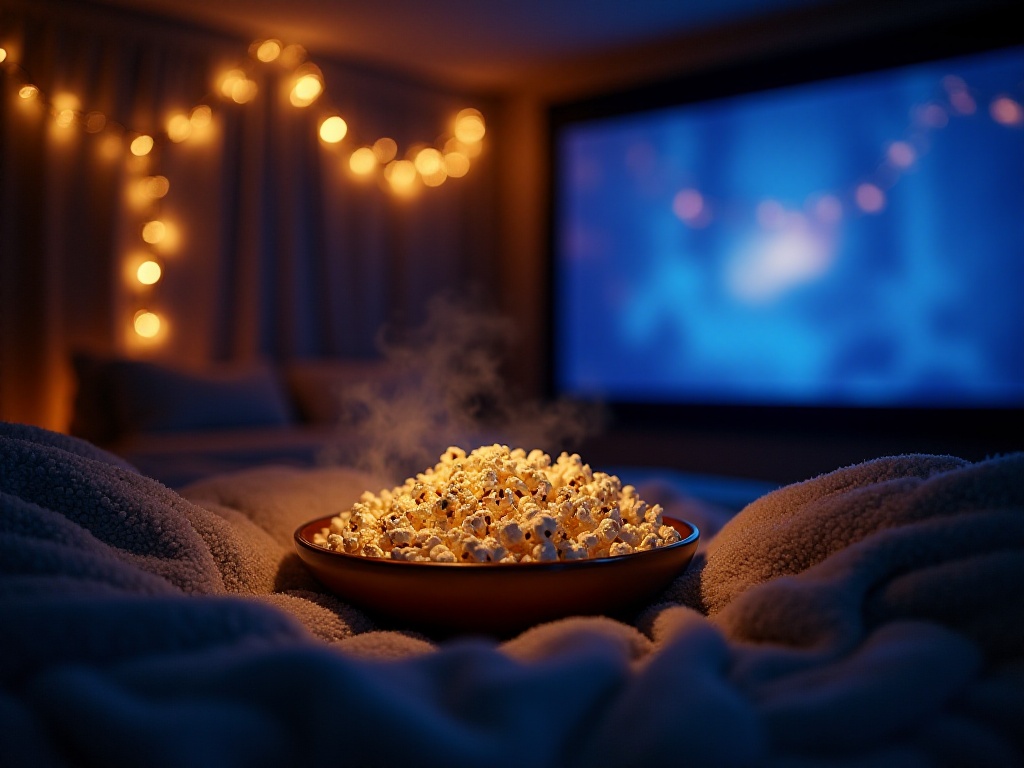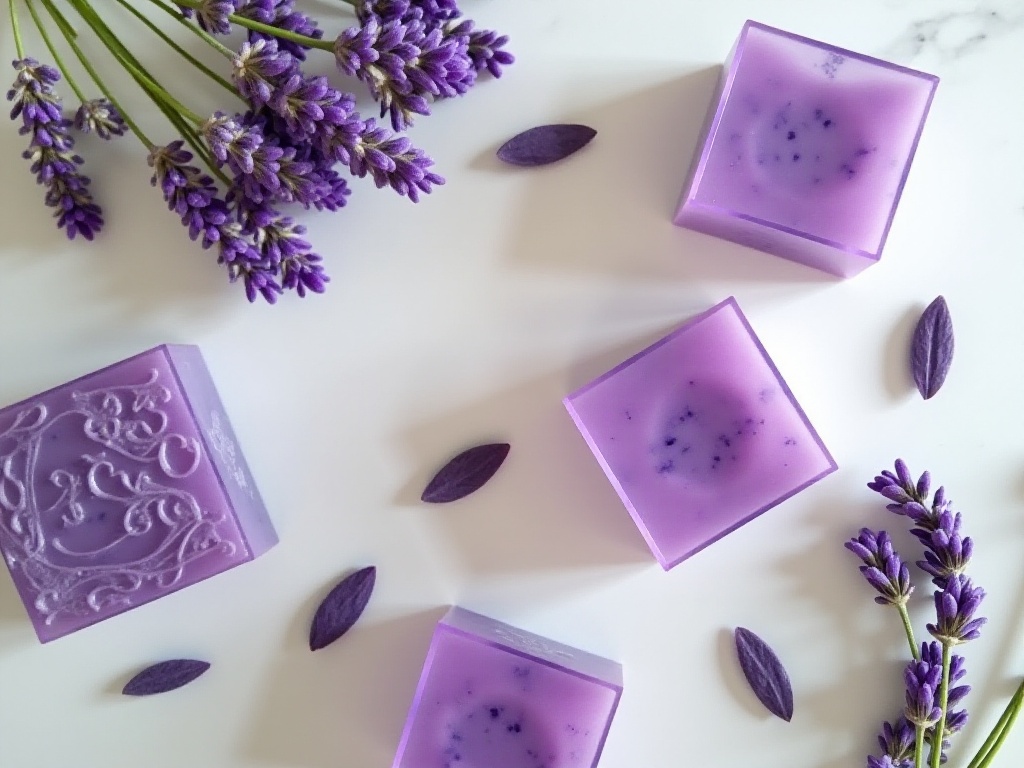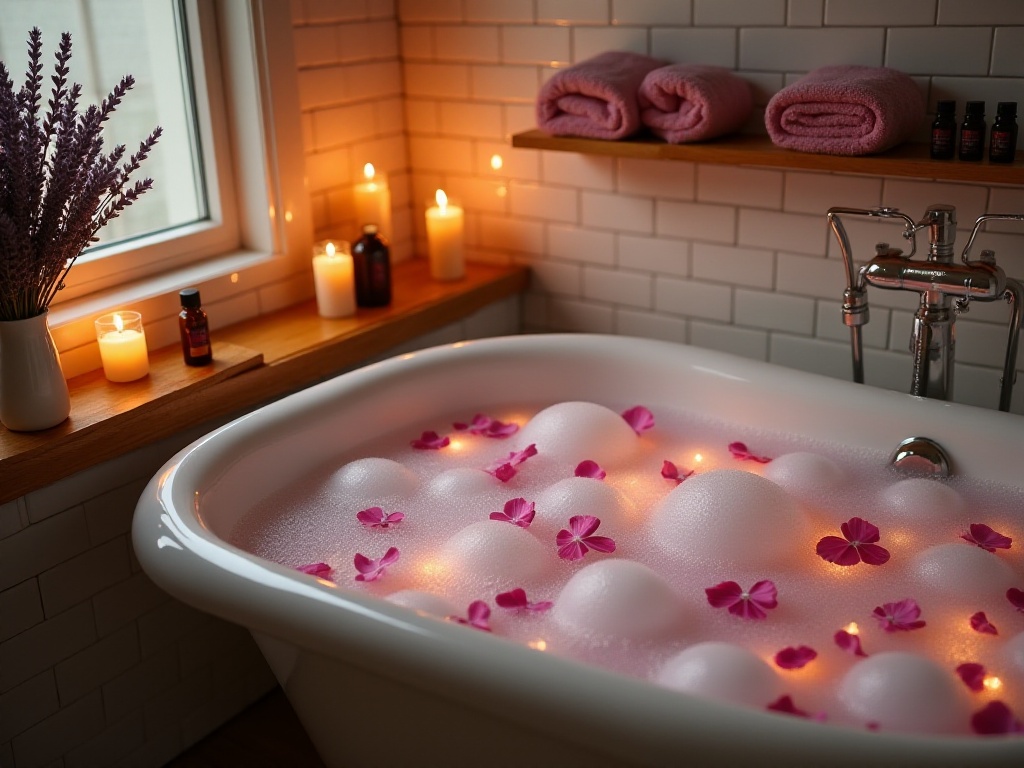Opening Words
Hello everyone! For the past two years, I've been researching how to improve the quality of life, and today I'd like to share my insights with you. As a "working professional" obsessed with studying lifestyle optimization, I've discovered many interesting things. For instance, many seemingly simple daily activities actually hide unexpected complexities.
Do you often feel like you're working hard at life but the results aren't quite what you'd hoped for? Just like I used to, you might feel like you're putting in tremendous effort, but your quality of life isn't noticeably improving. Don't worry though - today, we're going to address all these frustrating issues together.
Time Management
When it comes to time management, I bet 99% of young people have experienced this: you wake up in the morning, check your phone, scroll through some videos, and suddenly it's noon! I'm all too familiar with this - I used to be the very definition of a "time black hole!"
What frustrated me most was creating incredibly long to-do lists every day, trying to cram a week's worth of tasks into a single day. The result was predictable: not only did I fail to complete the tasks, but I also ended up extremely anxious. Then one day, I discovered the magic of "single-tasking," which completely transformed my work state.
You might say, what's so special about that? Well, the truth is, our brains simply weren't designed for multitasking. Research from MIT shows that juggling multiple tasks simultaneously can cause productivity to plummet by 40%! What does this mean? It means that tasks that take you all day could actually be completed in half that time with focused work.
Now, I divide my daily tasks into time blocks. For example, 9-11 AM is core work time, during which I put my phone on silent and focus on the most important work. During lunch break, I allow myself 15 minutes of phone time, but I stop immediately when time's up. 2-4 PM is another focus block, specifically for creative work.
Through this time-blocking method, my work efficiency has improved by at least 50%. More importantly, I finally don't have to work late into the night anymore. Now I can generally finish work before 7 PM, leaving plenty of time to do things I enjoy.

Home Organization
Regarding home organization, many people talk about "minimalism," but honestly, I think before starting minimalism, it's more important to learn "position-based storage." I gave it a somewhat dramatic name: the "Fixed Position Theory."
This theory is simple: everything in your home must have its own "designated spot." Sounds basic, right? But in practice, it's quite challenging. I've observed many friends' homes and found their biggest problem is placing things randomly, turning the search for items into a major treasure hunt.
Based on my calculations, people generally spend 15-20 minutes daily looking for things. This might not seem like much at first glance, but it adds up to 91-122 hours per year! Do you know what you could do with that time? You could watch 30 movies, read 15 books, or even learn the basics of a musical instrument!
My current approach is to divide my home into different functional zones. For example, the entryway is specifically for keys, masks, and essential items for going out. Living room drawers are categorized for various remotes and charging cables. Bedroom closets are organized by season and frequency of use. Everything must be returned to its original position immediately after use, no excuses.
When I first implemented this method, I often forgot to put things back in their place. But after persisting for a month, the habit gradually formed. Now I never have to frantically search for keys in the morning or hunt for chargers everywhere. My home stays neat and organized, and my mood has improved along with it.

Dietary Revolution
Speaking of diet, I want to share a major discovery: the "Seven Treasures Diet Method." This isn't something I just made up - it's a method I developed after studying extensive nutritional materials. Specifically, it limits daily diet to seven food categories: whole grains, protein, leafy greens, colorful vegetables, fruits, nuts, and dairy products.
Many might say, isn't this just basic nutritional balance? But the issue is that knowing something is one thing, actually implementing it is another. Previously, when I went grocery shopping, I would buy whatever caught my eye, often ending up with lots of ingredients that went to waste. Now with this method, my shopping has become very targeted, and I hardly waste any ingredients anymore.
I tracked my food expenses in Excel for an entire year and found that after adopting this method, my ingredient utilization increased by 80%, and monthly food expenses decreased by nearly 30%. More importantly, my physical condition improved significantly. I used to feel easily fatigued, but now I'm energetic, and even my skin condition has improved.
Here's how it works in practice: I plan the following week's meals on weekends and purchase all necessary ingredients at once. Breakfast is usually whole wheat bread with eggs and a glass of milk. Lunch includes a protein (chicken or fish) with leafy greens and colorful vegetables. Dinner is lighter, mainly whole grains and vegetables. Fruits and nuts serve as snacks throughout the day.
To make this method easier to follow, I also set a "three-color principle": each meal must include ingredients of at least three different colors. This not only ensures nutritional balance but also makes meals more appetizing.

Leisure Activities
Regarding leisure, I must say that modern people don't really know how to "relax." Many people's idea of leisure is lying on the couch scrolling through their phones or binge-watching shows, but they end up feeling more tired afterward. I call this phenomenon "pseudo-leisure."
Through deep research, I found that truly effective leisure should follow the "Themed Leisure Method." This might sound academic, but it's actually really fun. For example, you can set a theme for your weekend. If this week's theme is "World Tour," you can watch movies from different countries, explore international cuisines, and even learn some related languages.
I recently tried a "Japanese Weekend": Saturday morning watching a Japanese art film, studying how to make sushi rolls at noon, learning basic Japanese in the afternoon, and listening to Japanese music while taking a bath in the evening. This kind of leisure not only felt fulfilling but also expanded my knowledge.
To make leisure more meaningful, I also set a "2+1 Principle": each leisure activity should include two sensory experiences plus one learning element. For example, while watching a movie (visual + auditory), you can learn about the historical background or cinematography techniques. This way, leisure doesn't feel like a waste of time.

Experience Summary
After two years of practice and research, I've reached an important conclusion: the core of life skills isn't in the techniques themselves, but in establishing a sustainable system. Like the methods we discussed earlier, they might not seem difficult, but the key is consistent execution.
Many people might think that those who always have their lives in order were born that way. But in fact, they've found their most suitable methods through constant practice and adjustment. Take me for example - when I first started practicing these methods, I would often forget or get lazy. But through continuous adjustment and persistence, these methods gradually became habits.
I've noticed an interesting phenomenon: when you start seriously managing your life, life responds with pleasant surprises. For instance, since I started practicing these methods, not only has my work efficiency improved, but my mood has gotten better, and even my interpersonal relationships have improved. Because when your life becomes orderly, you have more energy to care about the people and things around you.

Final Words
If you want to try these methods, my advice is not to try them all at once. Start with the aspect that interests you most or troubles you most. Remember, change is a gradual process that can't be rushed.
Most importantly, remember that no method is perfect - the key is finding what works best for you. Just as everyone's lifestyle is unique, the method that suits you is the best method.
I hope the insights shared in this article can bring some inspiration and change to your life. If you have any good life tips, feel free to tell me in the comments. Let's create better lives together!




